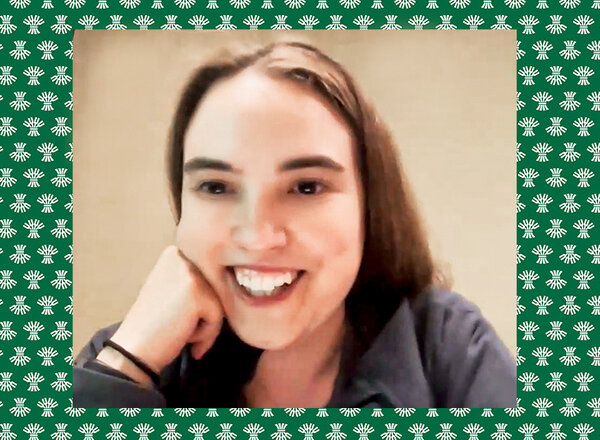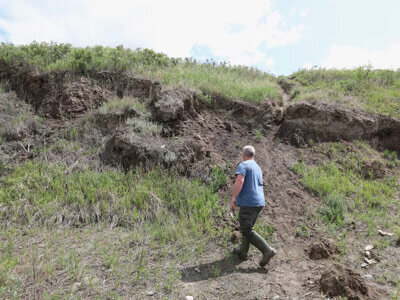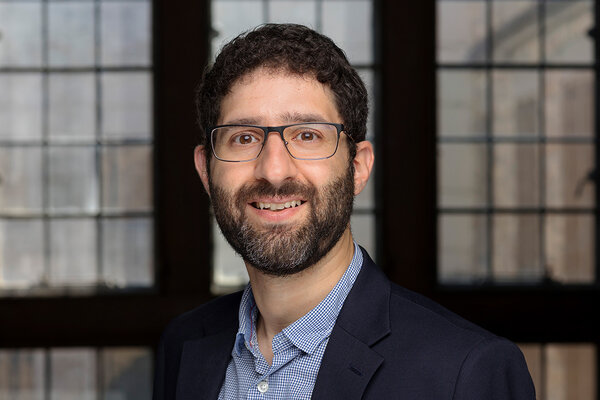
An interview with Kate Harris
The author of Lands of Lost Borders, the 2020 Arts and Science Book Club selection, talks about what it means to be an explorer
By Chris Putnam
Kate Harris meant to go to Mars, but she got lost along the way.
Harris’s youthful dream to travel to the red planet was sidelined as she found fulfilment seeking adventure and insight here on Earth.
The award-winning Canadian author studied science at MIT and the University of North Carolina, earned a master’s degree in the history of science as a Rhodes Scholar at the University of Oxford, and—most famously—traveled the Silk Road from Turkey to the Himalayas on a bicycle.
That 10-month journey is the subject of Harris’s debut memoir, Lands of Lost Borders, a national bestseller that won awards including the RBC Taylor Prize and the Kobo Emerging Writer Prize. The book—which combines a travel narrative with reflections on history, science and the nature of exploration—is the 2020 selection of the annual Arts and Science Book Club.
On Wednesday, March 4, Harris visits the University of Saskatchewan to participate in two public discussions of her book and her life as a writer. In an email interview before her visit, she answered questions about what it means to be an explorer.
In Lands of Lost Borders, you write that wildness isn’t necessarily found in a place or experience itself, but in a person’s capacity to see and feel it. To what extent is exploration an internal process?
Kate Harris: Exploration is more an attitude than an action (at least the sort of exploration that most interests me, namely the kind that doesn’t involve planting the first flags and leaving the first footprints). For me it means a willingness to lose your bearings, to be wrong, to be transformed by who and what you meet in the world. And to the extent that most profound transformations are internal, or at least that’s where they begin, you could say this kind of exploration happens from the inside out.
On the other hand, you obviously see great value in physically going out and seeing the world. What do you view as the greatest benefit of travel, particularly for a young person?
KH: Travel shakes you up, wakes you up, makes you realize that people everywhere see the same stars but different constellations. The greatest benefit of hitting the road, I think, especially as a young person, is realizing there are so many ways to live out this one and only life, that the world you know is not the only world.
Many students and graduates of the College of Arts and Science will relate to your preference for exploring multiple paths of knowledge rather than specializing. What is the danger in becoming too specialized? Should everyone be a generalist to some degree?
KH: We live in a tough age for generalists and I think that’s why I was drawn to writing, because it’s an excuse to come at questions from all possible angles, whether science, philosophy, history, poetry, anthropology, myth, or some combination of approaches. The complexity of the world resists reduction. I’m glad specialists exist, especially neurosurgeons and pilots and engineers, but such expertise is often acquired at the expense of the wider view. And writing, at least the kind of writing that I love most, is all about that wider view.
You write that exploration is a “radical, revealing art” whose essence is found in seemingly impractical gestures such as placing time capsules aboard the Voyager spacecraft. Do you think all scientific discovery is an artistic pursuit?
KH: Scientific research, like most human pursuits, is only rational up to a point. The really paradigm-shifting discoveries usually involve taking analytical thinking to an extreme and then making some kind of associative leap, or eureka swerve, into a fresh way of seeing the available facts. In the sense that creativity is crucial to such moments, science is more closely related to art than you might think.
Kate Harris will participate in two events at the University of Saskatchewan on March 4 for the 2020 Arts and Science Book Club. At 2 pm at the Gordon Snelgrove Gallery, she leads a reading and discussion of Lands of Lost Borders. At 7 pm at the GSA Commons, she delivers a talk titled My Writing Life.
Both events are free and open to the public.


